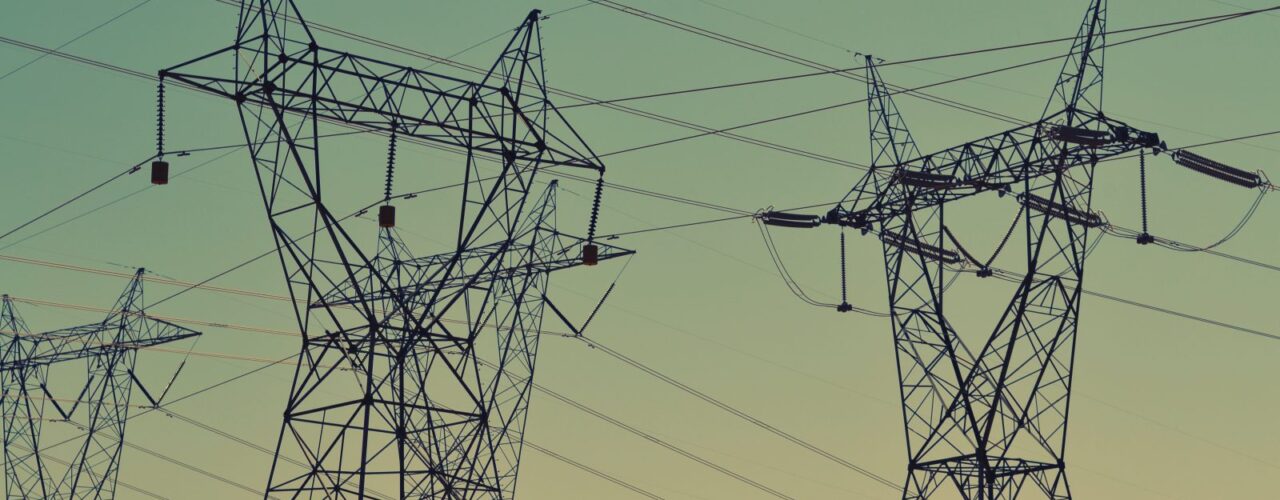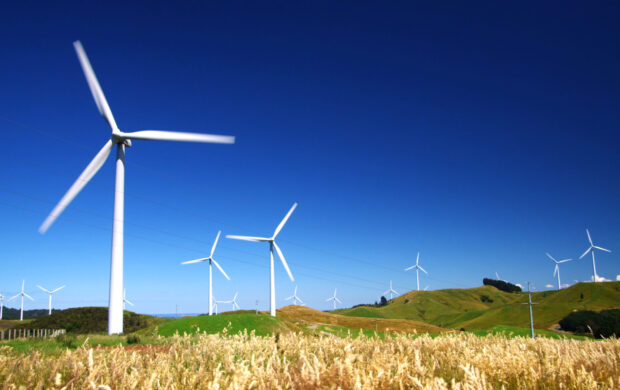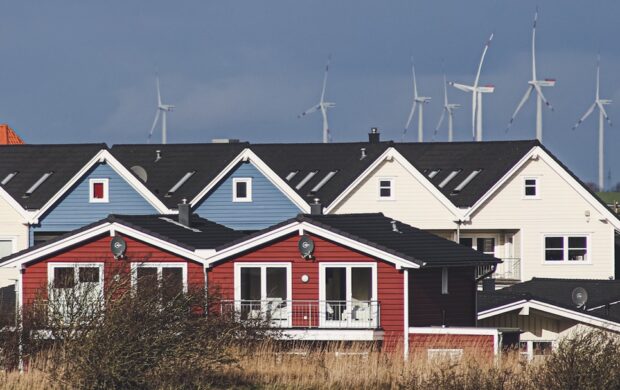UK energy company SSE has published a “Just Transition” strategy, which aims to protect workers and communities as the UK moves towards a net zero economy.

The company recognizes that it has a significant role to play in ensuring that fairness and positive social consequences are integral to the rapid change the energy sector is undertaking.
So what?
Said to be the first of its kind in the UK, the strategy was published in response to investor engagement during the summer of 2020.
Supporting a Just Transition sets out 20 principles which SSE will follow to ensure that the impacts from the decisions it takes are fair and that it maximise the opportunities for communities to benefit from net zero. The principles sit under five key themes: good green jobs, consumer fairness, building and operating new assets, looking after people in high-carbon jobs, supporting communities.










Join discussion